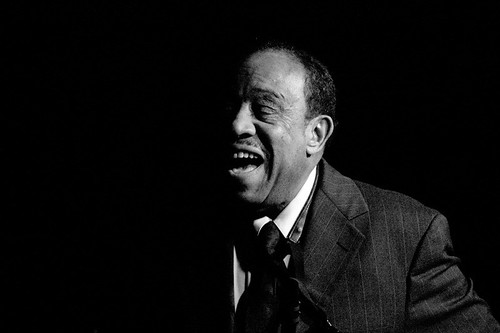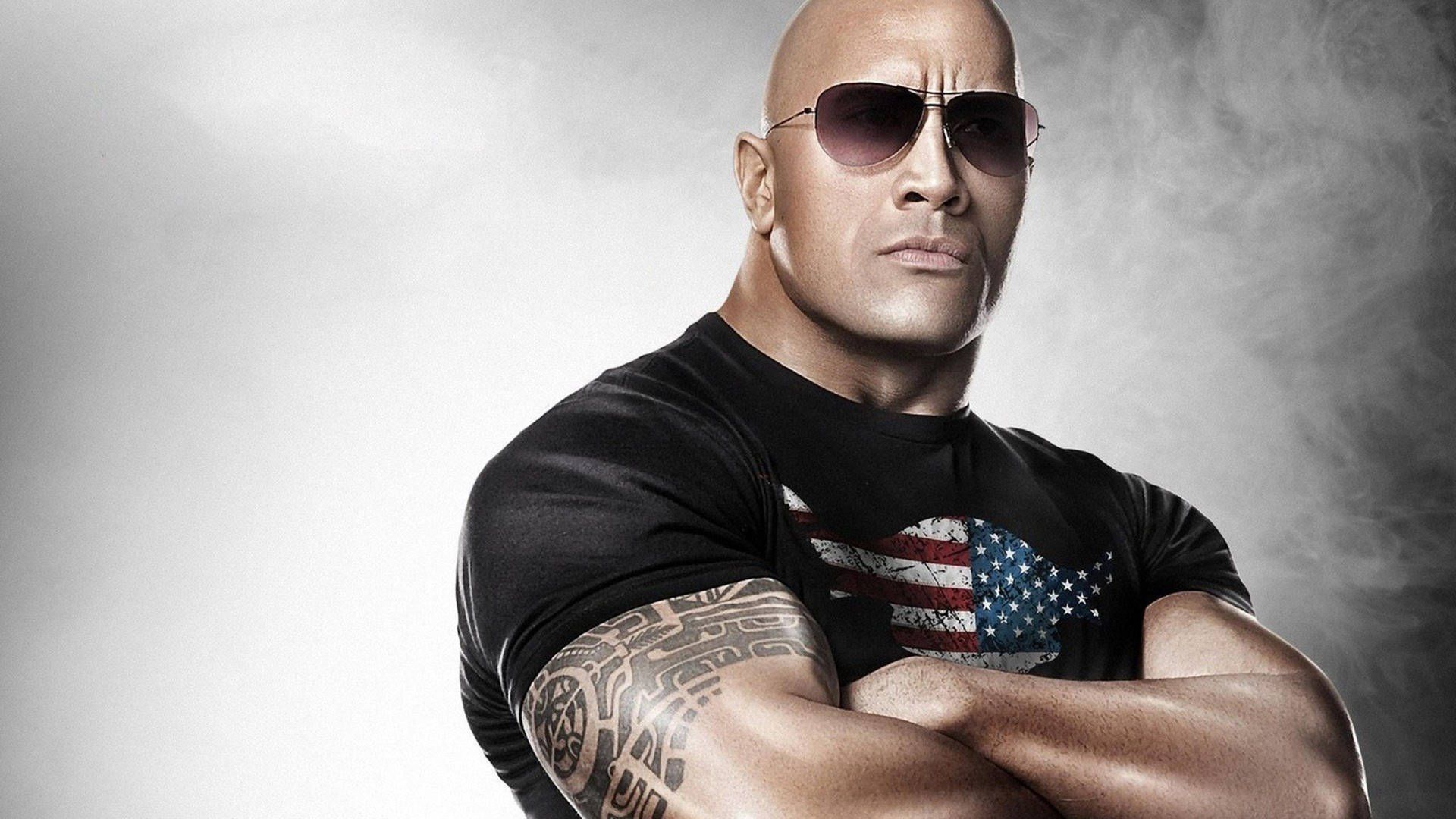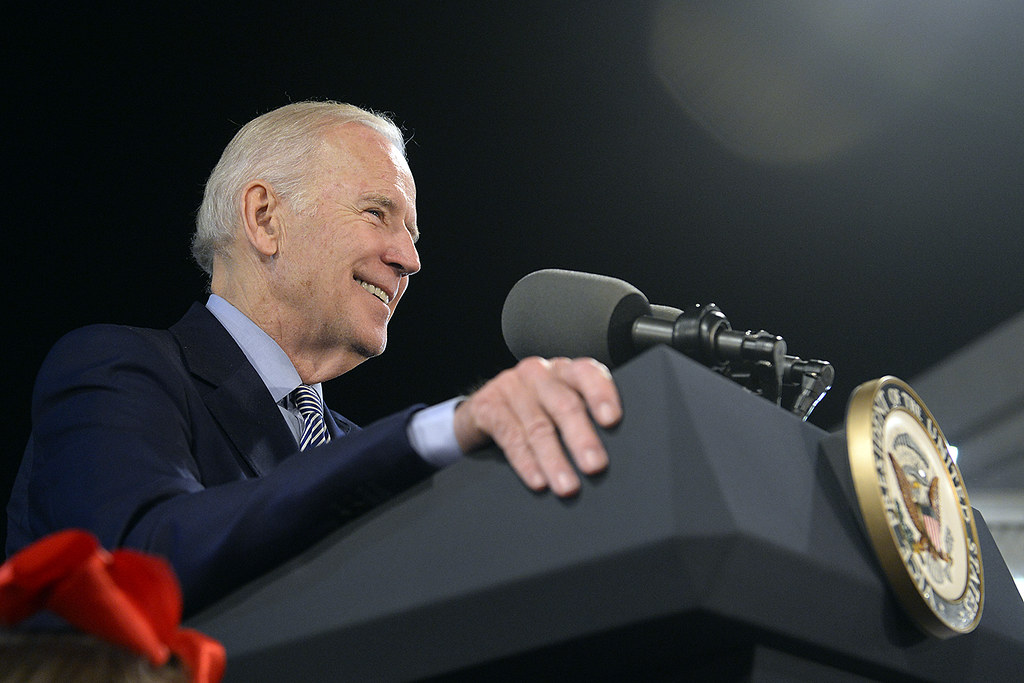
The health of an American president is, by its very nature, a matter of profound public interest, particularly when that president is the oldest individual to ever hold the nation’s highest office. For President Joe Biden, at 81, questions surrounding his physical and mental faculties have persistently permeated public discourse, culminating in heightened scrutiny following his most recent physical examination and revelations from congressional investigations.
Recent proceedings before the House Oversight Committee have brought to light striking insights from former White House deputy chief of staff for policy, Bruce Reed, regarding the administration’s approach to President Biden’s cognitive assessments. Reed, who is the ninth former Biden administration aide to sit down with House Oversight Committee lawyers, reportedly informed investigators that Dr. Kevin O’Connor, President Biden’s longtime physician, had dismissed cognitive tests as ‘meaningless.’ This assertion, attributed to Dr. O’Connor by Reed, places a critical lens on the transparency and methodologies surrounding presidential health disclosures.
Dr. Kevin O’Connor, a central figure in these discussions, was among the first former White House officials summoned by House investigators. Yet, his appearance before the committee proved brief, lasting less than an hour. During this session, Dr. O’Connor chose to invoke the Fifth Amendment, opting to avoid answering questions beyond stating his name. His legal counsel justified this decision by citing concerns about violating doctor-patient confidentiality, a stance that nonetheless drew sharp criticism from Chairman James Comer, who characterized it as an attempt to ‘throw out every excuse’ to pause the probe.

Beyond the procedural complexities, Bruce Reed’s testimony offered an emphatic defense of President Biden’s cognitive abilities, drawn from his direct observations of the commander-in-chief. Reed recounted working with President Biden ‘nearly every day of his presidency,’ noting that ‘Despite his age, President Biden maintained an unrelenting work ethic, embraced complex policy issues, and approached decisions with diligence and deliberation.’ Such firsthand accounts paint a picture of a leader deeply engaged with the responsibilities of his office.
Further elaborating on his experience, Reed portrayed President Biden as ‘a demanding boss who routinely grilled staff members on a topic until he reached the limits of our knowledge so he could judge whether to have confidence in our advice,’ although he acknowledged, ‘that didn’t mean he’d take it.’ Reed emphasized that ‘From the first days in the White House to the last, President Biden governed the same way he’d gotten there, by trusting his own values and instincts,’ and concluded that ‘There is no tougher test than the presidency: President Biden asked tough questions, made tough decisions, and led his country well in challenging times for the nation and the world.’ These remarks offer a robust counter-narrative to the prevailing concerns about the former president’s mental acuity.
The White House, for its part, has consistently maintained that President Biden’s daily performance serves as the ultimate cognitive assessment. Following the President’s latest physical examination on February 28, 2024, at Walter Reed National Military Medical Center, White House Press Secretary Karine Jean-Pierre addressed the absence of a cognitive test. She stated that President Biden’s doctors determined he didn’t need one, adding emphatically, ‘He passes a cognitive test every day,‘ highlighting the intense rigor of the presidential job as far more comprehensive than any 15-minute test.
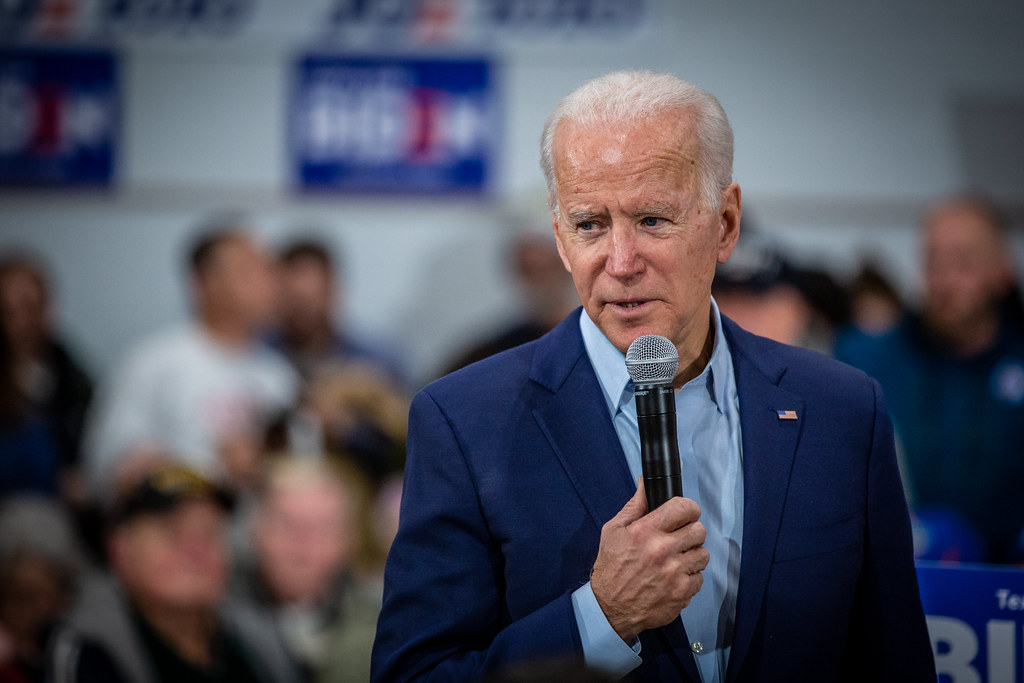
This position aligns with Jean-Pierre’s previous statements. On February 12, 2024, she reiterated, ‘the president proves every day how he operates, how he thinks by dealing with world leaders, by making really difficult decisions on behalf of the American people,’ whether on domestic or national security matters. She described the president as ‘sharp,’ ‘on top of things,’ and ‘constantly pushing us trying to get more information,’ reflecting her personal experience working closely with him.
Historically, the administration’s stance on cognitive testing for President Biden has been consistent. His medical reports from November 2021 and February 2023 also did not include any explicit references to tests or evaluations of his memory or cognition. This pattern raises questions about the perceived necessity and utility of such tests for a sitting president, particularly given Dr. O’Connor’s reported view of their ‘meaninglessness.’
It is worth noting that publicly disclosed cognitive tests for U.S. presidents are not a common practice. In fact, no president has publicly acknowledged taking such a test or made the results public, with the singular exception of former President Donald Trump. When questioned about taking a cognitive test himself in 2020 by CBS News correspondent Errol Barnett, Biden famously responded, ‘No, I haven’t taken a test? Why the hell would I take a test?’ This context underscores the rarity of such examinations in the public record of presidential health.
Concerns about President Biden’s age and mental fitness were significantly amplified by a special counsel report released on February 5, 2024. This report, which detailed Biden’s handling of classified material, notably characterized him as a ‘sympathetic, well-meaning, elderly man with a poor memory.’ The report further highlighted specific instances, such as the president’s inability to recall when he was vice president or, within several years, when his son Beau died.
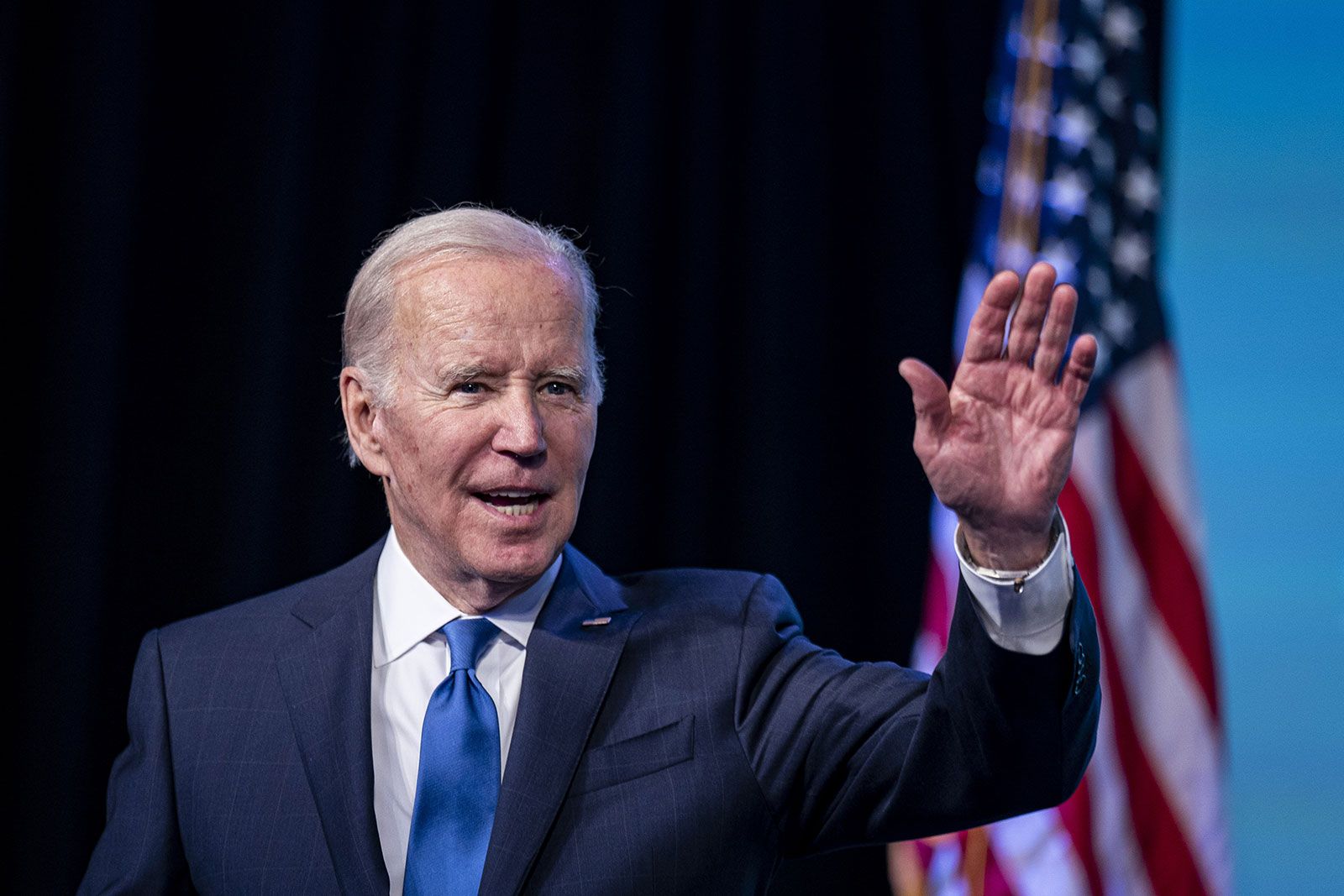
President Biden himself reacted with visible anger to this assessment, publicly asserting, ‘my memory is fine.’ However, in the very same exchange, he mistakenly referred to the president of Mexico when he intended to say Egypt, an incident that, for some, inadvertently underscored the concerns he sought to dispel. This juxtaposition of strong assertion and momentary lapse often fuels public debate and scrutiny.
The “meandering and seemingly tired demeanor” exhibited by President Biden during his 2024 debate performance against then-candidate Donald Trump further exacerbated these age-related anxieties. This performance was widely perceived by Democrats and media pundits as a glaring sign of his advanced age, contributing to both public and private pressure from left-wing lawmakers for him to withdraw from the presidential race, which he ultimately did in July 2024.
Amidst these discussions, the White House has made concerted efforts to demonstrate President Biden’s continued capacity for leadership. They have taken pains to showcase him managing a busy schedule of campaign travel and public appearances. President Biden himself has occasionally employed humor to address the age issue, joking with donors at a fundraising event in Beverly Hills, California, that ‘I may not run as fast as I used to’ but also emphasizing that his age has brought him ‘a little bit of wisdom about how we can get things done.
The House Oversight and Accountability Committee, under Chairman James Comer, Republican of Kentucky, is actively investigating whether President Biden’s senior aides engaged in efforts to conceal evidence of mental decline. A key area of interest for Comer’s probe is whether President Biden was making the final decisions on executive matters that were signed using an autopen, although the former president himself told The New York Times that he was behind every decision. Biden’s allies have dismissed the probe as purely political, highlighting the partisan nature of such inquiries.
Read more about: Unpacking President Biden’s Most Talked-About Blunders: Why His Viral Gaffes Sparked National Debate

Beyond the cognitive aspects, President Biden’s physical health has also been under detailed review. Dr. Kevin O’Connor’s memo following the February 2024 physical provided specifics: President Biden weighed 178 pounds, precisely what he weighed the previous year. He also continues to maintain normal blood sugar levels and exercises at least five days a week, indicating a consistent commitment to physical well-being. Dr. O’Connor’s comprehensive assessment concluded that ‘President Biden is a healthy, active, robust 81-year-old male, who remains fit to successfully execute the duties of the Presidency, to include those as Chief Executive, Head of State and Commander in Chief.’
The report also shed light on other aspects of his health. For instance, President Biden has experienced a ‘mildly decreased range of motion’ due to arthritis, particularly in his hip, for which Dr. O’Connor prescribed more intensive stretching. An interesting revelation in the memo concerned President Biden’s sleep apnea. While not discussed in his 2021 or 2023 reports, it was mentioned in 2019 when he was running for president. Dr. O’Connor confirmed that President Biden had a formal sleep study in the spring of last year and has since been regularly using a CPAP machine to improve his sleep, noting it took some time for the president to adjust to it. His use of the machine was publicly disclosed in June after reporters observed marks on his face from the straps.
Regarding his medication regimen, President Biden has added one over-the-counter medicine to his daily routine: Nexium, for acid reflux. Dr. O’Connor indicated that this condition is the cause of the President’s frequent throat clearing. He continues to take five other medications, including two over-the-counter allergy medicines for seasonal allergies, Pepcid also for acid reflux, a blood thinner for atrial fibrillation (a condition diagnosed in the past with no signs of heart failure), and Crestor, a statin, to help manage his cholesterol levels. These details paint a picture of an active elder carefully managing a set of common health conditions.
Despite the detailed medical reports and defenses from his aides, the narrative of a potential ‘Medical Cover-up‘ initiated by Democrats persists among some commentators. Daniel Greenfield, for example, asserted that ‘From the start, it should have been apparent that Biden was unfit to run and later to hold office,’ citing the campaign’s reliance on surrogates and tightly controlled public interactions while Biden ‘remained sheltered in his Delaware basement.’ This perspective suggests a deliberate withholding of information from the American public.

Greenfield’s commentary extends beyond simple health concerns, framing the issue as being ‘all about the lies and secrets Marxist Democrats have kept from the American People.’ He characterized the situation as ‘elder abuse by the Left,’ alleging they ‘knowingly used Joe Biden with advanced Dementia and Prostate Cancer.’ The claim that Dr. Zeke Emanuel, an oncologist, implied Biden’s prostate cancer was not a sudden development but had been present ‘for a long time’ lends a layer of expert opinion to these assertions of undisclosed health issues.
The commentary further argues that the alleged cover-up constitutes a ‘total betrayal by Marist Democrat to America and it’s citizens,’ and implicates figures like Barack Obama, Valerie Jarrett, and Susan Rice in a broader ‘Marxist Democrat campaign to erode public trust in institutions.’ This viewpoint posits a decades-long effort to undermine societal faith in various sectors, from news media to education and government regulation, ultimately leading to a state where ‘when you tell the truth, no one believes it,’ and ‘far too few ask Pilate’s question: What is Truth.’ Such an expansive critique frames the health narrative within a larger political and ideological struggle.
In this intricate landscape where presidential health intersects with political strategy and public perception, the questions surrounding President Biden’s well-being continue to be a focal point. The official medical assessments, the testimonies of close aides, and the critical viewpoints from political opponents each contribute to a complex, multi-layered understanding of the situation. As the nation moves forward, the ongoing discussions about transparency, fitness for office, and the integrity of information remain paramount, reminding us that in the relentless glare of public office, every aspect of a leader’s life is subject to intense and varied interpretation.

